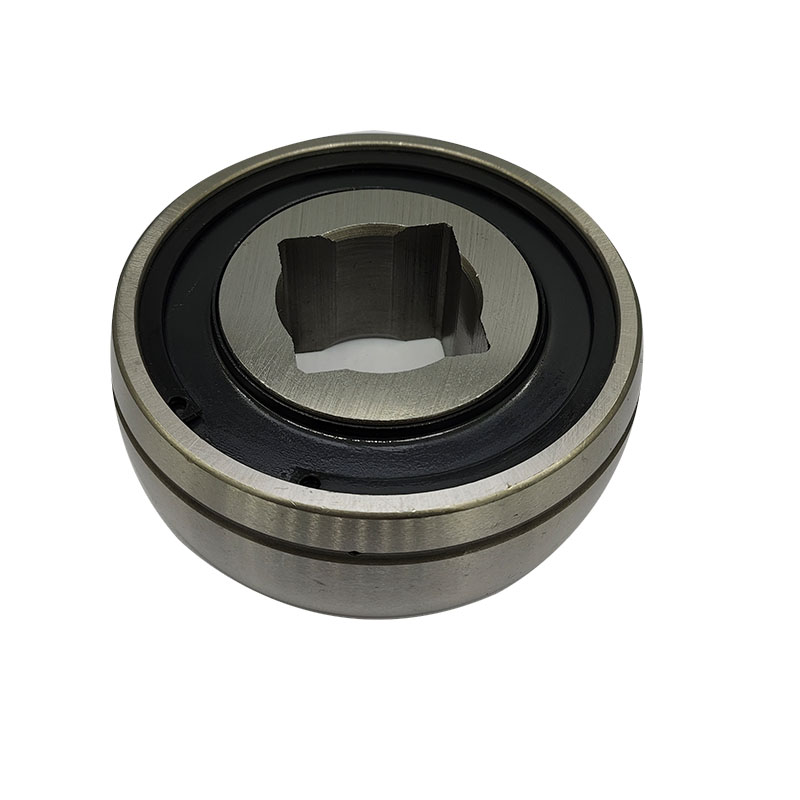พ.ย. . 09, 2024 08:18 Back to list
Selecting Custom Deep Groove Ball Bearings for Optimal Performance and Reliability
Custom Deep Groove Ball Bearing Selection A Comprehensive Guide
When it comes to selecting the right deep groove ball bearing for your application, understanding the nuances of these components is critical. Deep groove ball bearings are one of the most widely used types of bearings due to their ability to accommodate both radial and axial loads in a variety of settings. Whether you are in the automotive, industrial, or aerospace industry, choosing the correct bearing can significantly affect the performance, reliability, and lifespan of your machinery.
Understanding Deep Groove Ball Bearings
Deep groove ball bearings consist of an outer ring, an inner ring, a cage, and ball elements. The design of these components allows for smooth rotation and minimal friction, making them suitable for high-speed applications. The deep raceway grooves enable the bearings to handle misalignment and axial loads better than other types of bearings. However, selecting the right bearing involves careful consideration of several factors.
Key Factors in Selection
1. Load Capacity Assess the loads the bearing will need to support. Calculate both the static load and dynamic load rating, which indicate the maximum loads the bearing can handle. Exceeding these ratings can lead to premature failure.
2. Speed Requirements The operating speed of the application influences the selection. Bearings have a maximum speed limit, often referred to as the DN value (the product of the bearing’s bore diameter in mm and the shaft speed in RPM). Choosing a bearing that can handle your speed requirements is paramount for optimal performance.
3. Clearance and Fit The internal clearance of the bearing is crucial for its lifespan and function. Depending on the application, a tight fit may be necessary to minimize play and vibrations, while a looser fit may allow for thermal expansion. Always consider the operating temperature and its effect on the bearing’s physical dimensions.
custom deep groove ball bearing selection

4. Material Composition The material of the bearing influences its durability, wear resistance, and operational limits. Common materials include high carbon chrome steel, stainless steel, and ceramic. For harsh environments or applications exposed to chemicals, consider bearings with corrosion-resistant materials.
5. Seal Types Seals can protect the bearing from contaminants and retain lubrication. You can choose from various seal configurations, such as rubber seals and metal shields. The choice of seal will depend on how much protection is required versus the allowable friction and heat generation.
6. Lubrication The type and method of lubrication can greatly extend the life of your bearing. Whether you opt for grease or oil, consider the re-lubrication frequency, temperature conditions, and operating speed. Some bearings come pre-greased, while others require manual lubrication.
Custom Bearings A Tailored Approach
In many cases, standard bearings may not meet specific application requirements. Custom deep groove ball bearings can be engineered to fit unique specifications such as size, material, load capacity, and environmental conditions. Collaborating with an experienced bearing manufacturer can lead to solutions that enhance machinery performance and efficiency.
When seeking custom deep groove ball bearings, provide the manufacturer with detailed information about your application, including load conditions, speed, environment, and any unique challenges. This detailed approach ensures the right design and material selection, leading to improved performance and longer service life.
Conclusion
Selecting the right custom deep groove ball bearing is crucial for any application requiring reliability and efficiency. By considering factors such as load capacity, speed, clearance, material, seals, and lubrication, you can ensure that your machinery operates optimally. Customizing bearings can further enhance performance, allowing your systems to operate smoothly under specific conditions. Ultimately, investing time in proper selection will yield dividends in maintenance costs, operational efficiency, and overall machinery lifespan.
Latest news
-
UCT205-15 Take Up Housing Pillow Block Bearing | Reliable
NewsAug.17,2025
-
CKZ-A Sprag Type Freewheels One Way Clutch - High Performance & Reliable
NewsAug.16,2025
-
ASNU 12-35 NFS TFS Roller Freewheel One Way Clutch Bearings
NewsAug.15,2025
-
Durable AK208 Pillow Block Housing | Reliable Bearing Support
NewsAug.14,2025
-
28.6x80x36.53mm W208PPB5 Heavy Duty Disc Harrow Bearing
NewsAug.13,2025
-
CKZF-B Series Flywheel Backstop Clutch: Reliable Reverse Prevention
NewsAug.12,2025